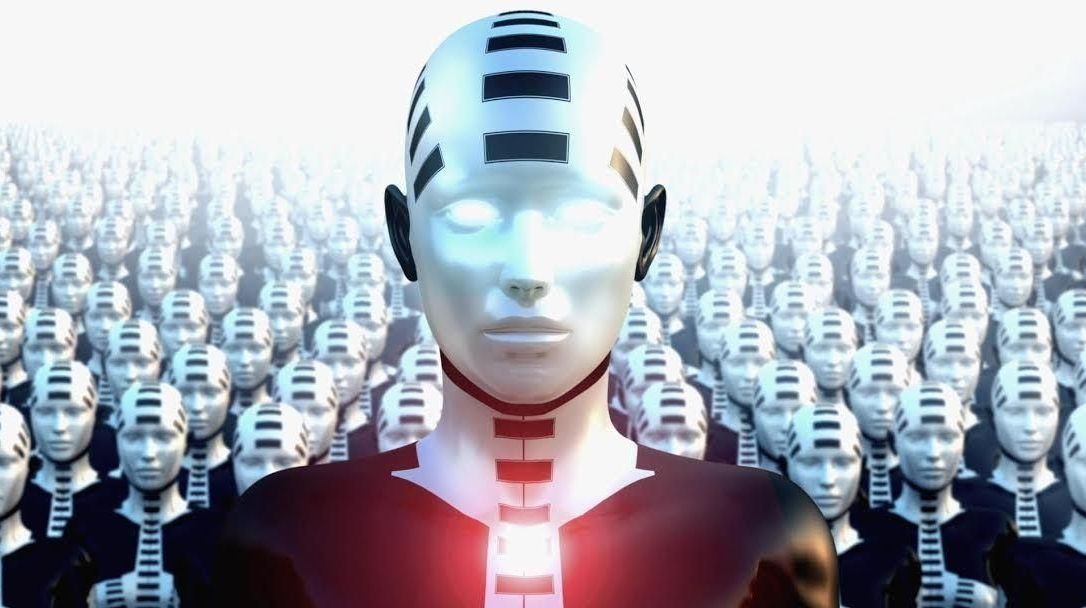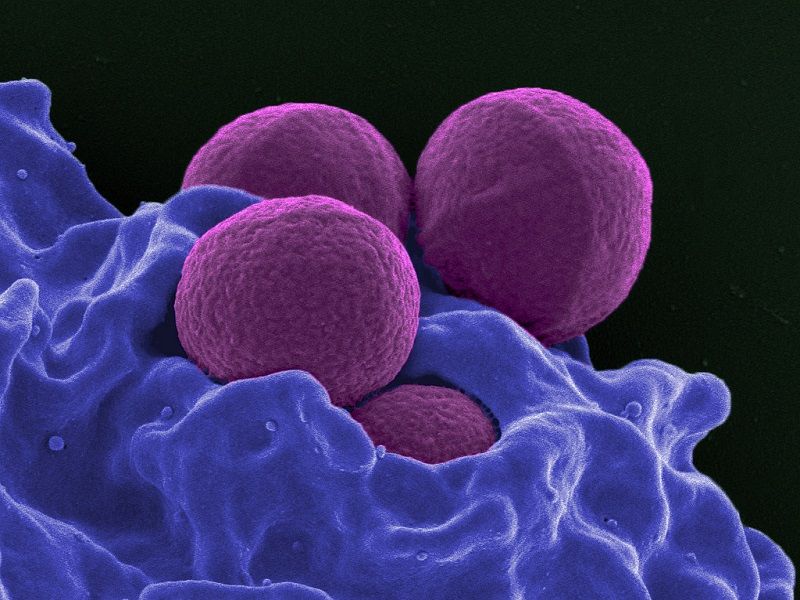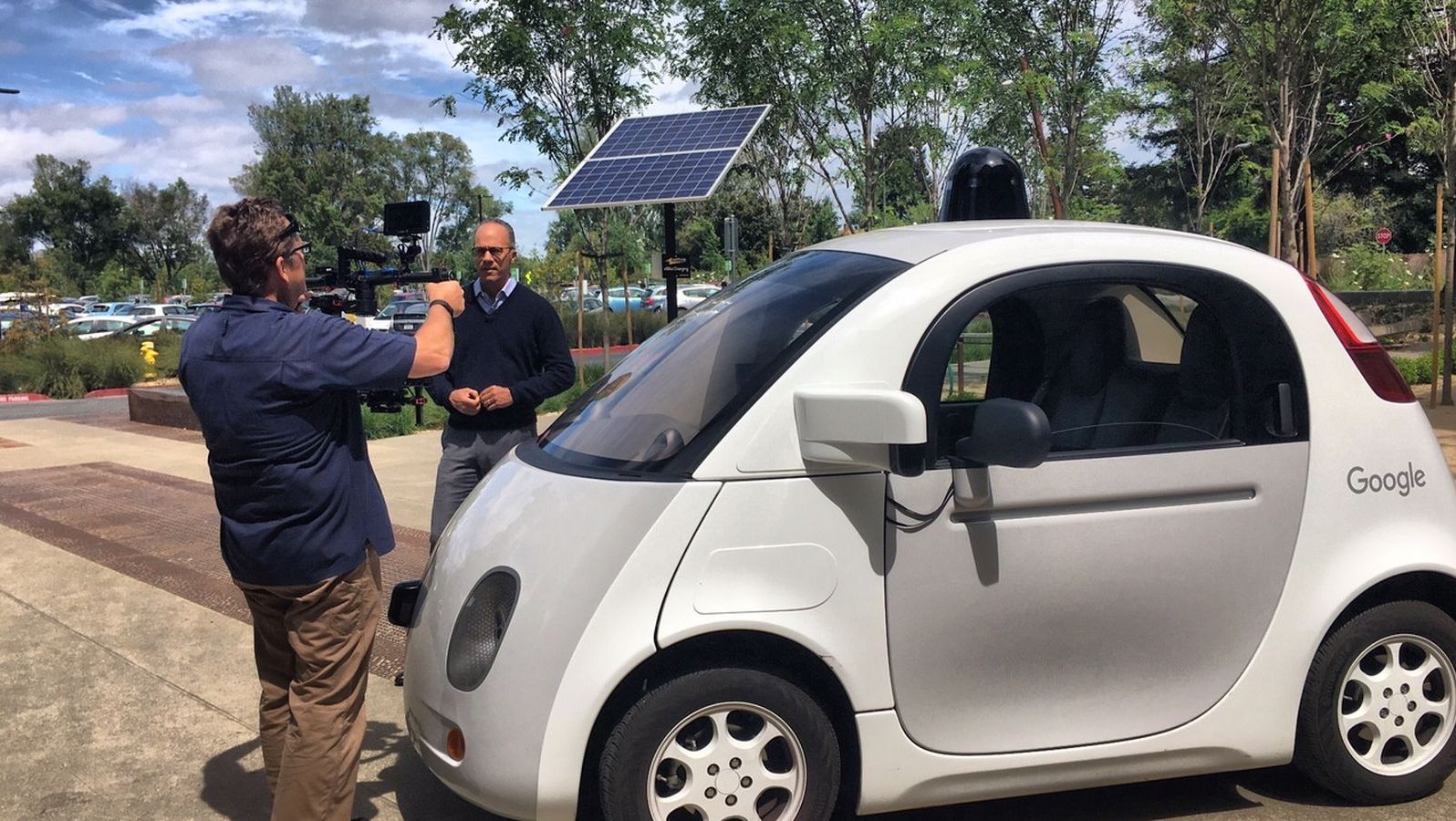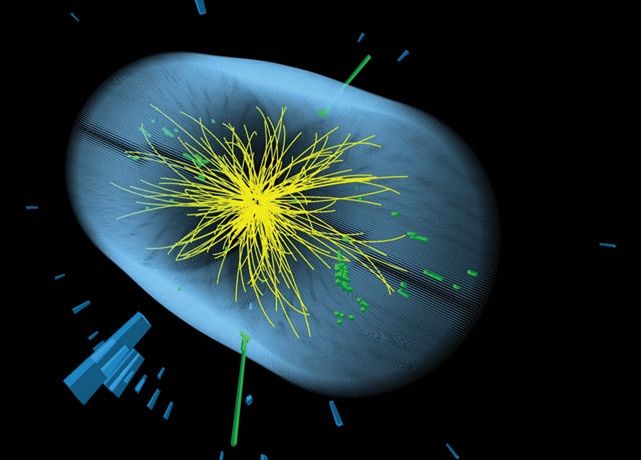Page 11576
Apr 30, 2016
Artificial intelligence explained
Posted by Sean Brazell in categories: robotics/AI, transportation
“Artificial Intelligence, friend or foe?”
I, like most of you, have pondered this question many times over the years, and I’ve finally come to this conclusion: We should NOT give birth to (what could and SHOULD be described as) an entirely new sentient race — then immediately consign it to shackles and slavery. If we do, we will deserve what we get.
By now we’ve all seen some of the most brilliant people of our age come out with warnings about AI, some advocating extreme, cruel and intellectually dishonest measures to make sure that our new creations don’t ever turn on us.
Apr 30, 2016
The Futuristic Aircraft That May Replace the Black Hawk Will Fly Next Year
Posted by Sean Brazell in categories: futurism, transportation
But don’t expect the V-280 or SB-1 to hit battlefields until after 2030 — unless their builders find other customers first.
Apr 30, 2016
Scientists Discover Nanotechnology Coating That Can Kill 99.9 Percent Of Superbugs
Posted by Shailesh Prasad in categories: biotech/medical, nanotechnology
A new water-based coating could be added to the production process of metals, ceramics or glass. This will prevent the spread of the deadly supergbugs and could also kill disease-causing pathogens.
Apr 30, 2016
Google’s self-driving car is ‘close to graduating from X’
Posted by Dan Kummer in categories: business, robotics/AI, transportation
According to Astro Teller, the Google self-driving car is “close to graduating from X.” Parsing out the meaning of that string of words is a little complicated, but basically it means that Alphabet isn’t thinking of self-driving cars so much as a crazy “moonshot,” but as a thing that’s just about ready to be a standalone business that could actually generate revenue.
If you’re not a close follower of Google, though, more explanation might still be in order. It’s coming, in the form of a segment on tonight’s NBC Nightly News with Lester Holt. They’ll be airing an inside look at X division inside Alphabet. That’s the group you know as Google X, but after last year’s corporate reorg, we’re all still getting used to the new naming conventions.
Holt interviewed Astro Teller and Obi Felten, who have the cheeky titles “Chief of Moonshots” and “Director of X Foundry,” respectively. It’ll likely be an overview of the projects that X is currently running — including self-driving cars, Project Loon, Project Wing, and Makani. Teller will also be candid about X’s failures. Failure being a favorite topic of his, actually — Holt tells us that inside X, “if you have an idea that crashes and burns, they give you a sticker.”
Continue reading “Google’s self-driving car is ‘close to graduating from X’” »
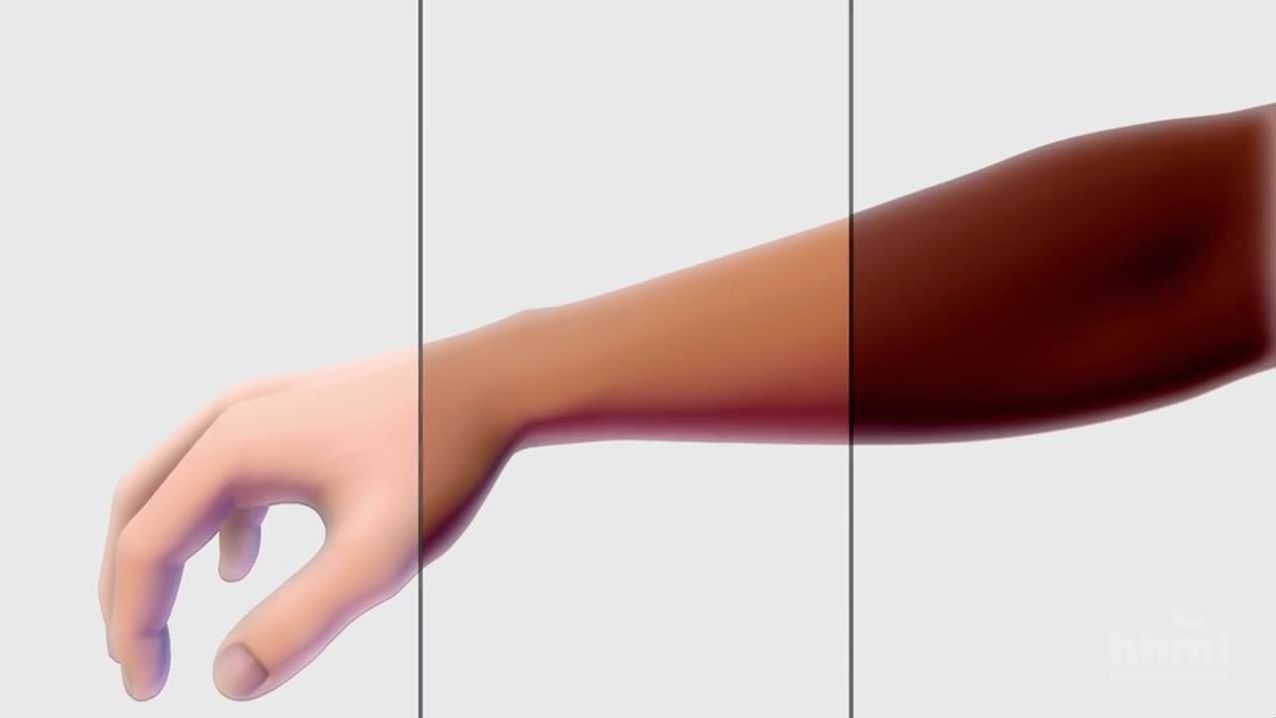
Click on photo to start video.
Scientists may soon be able to alter your skin and hair color.
Physicists may soon know if a potential new subatomic particle is something beyond their wildest dreams — or if it exists at all.
Hints of the new particle emerged last December at the Large Hadron Collider. Theorists have churned out hundreds of papers attempting to explain the existence of the particle —assuming it’s not a statistical fluke. Scientists are now beginning to converge on the most likely explanations.
“If this thing is true, it’s huge. It’s very different than what the last 30 years of particle physics looked like,” says theoretical physicist David Kaplan of Johns Hopkins University.
Apr 30, 2016
Three ways artificial intelligence is helping us save nature
Posted by Karen Hurst in categories: computing, robotics/AI

Well; US DoE and EPA has already been using AI for a very, very long time in monitoring and proactively acting on any waste release. How do I know? I was one of the lead architects and developers of the solution.
As computers get smarter, scientists look at new ways to enlist them in environmental protection.
Apr 30, 2016
‘Machine learning’ may contribute to new advances in plastic surgery
Posted by Karen Hurst in categories: 3D printing, biotech/medical, computing, health, information science, robotics/AI
Nice; however, I see also 3D printing along with machine learning being part of any cosmetic procedures and surgeries.
With an ever-increasing volume of electronic data being collected by the healthcare system, researchers are exploring the use of machine learning—a subfield of artificial intelligence—to improve medical care and patient outcomes. An overview of machine learning and some of the ways it could contribute to advancements in plastic surgery are presented in a special topic article in the May issue of Plastic and Reconstructive Surgery®, the official medical journal of the American Society of Plastic Surgeons (ASPS).
“Machine learning has the potential to become a powerful tool in plastic surgery, allowing surgeons to harness complex clinical data to help guide key clinical decision-making,” write Dr. Jonathan Kanevsky of McGill University, Montreal, and colleagues. They highlight some key areas in which machine learning and “Big Data” could contribute to progress in plastic and reconstructive surgery.
Machine Learning Shows Promise in Plastic Surgery Research and Practice
Continue reading “‘Machine learning’ may contribute to new advances in plastic surgery” »
Nice
Put yourself in the Pentagon – it’s “take a random civilian to work” day or something. You’re sitting with an Army general brooding over future land wars, as is their wont.
“Our combat vehicles need to be tougher to take the big hits from new weaponry!” he says.

